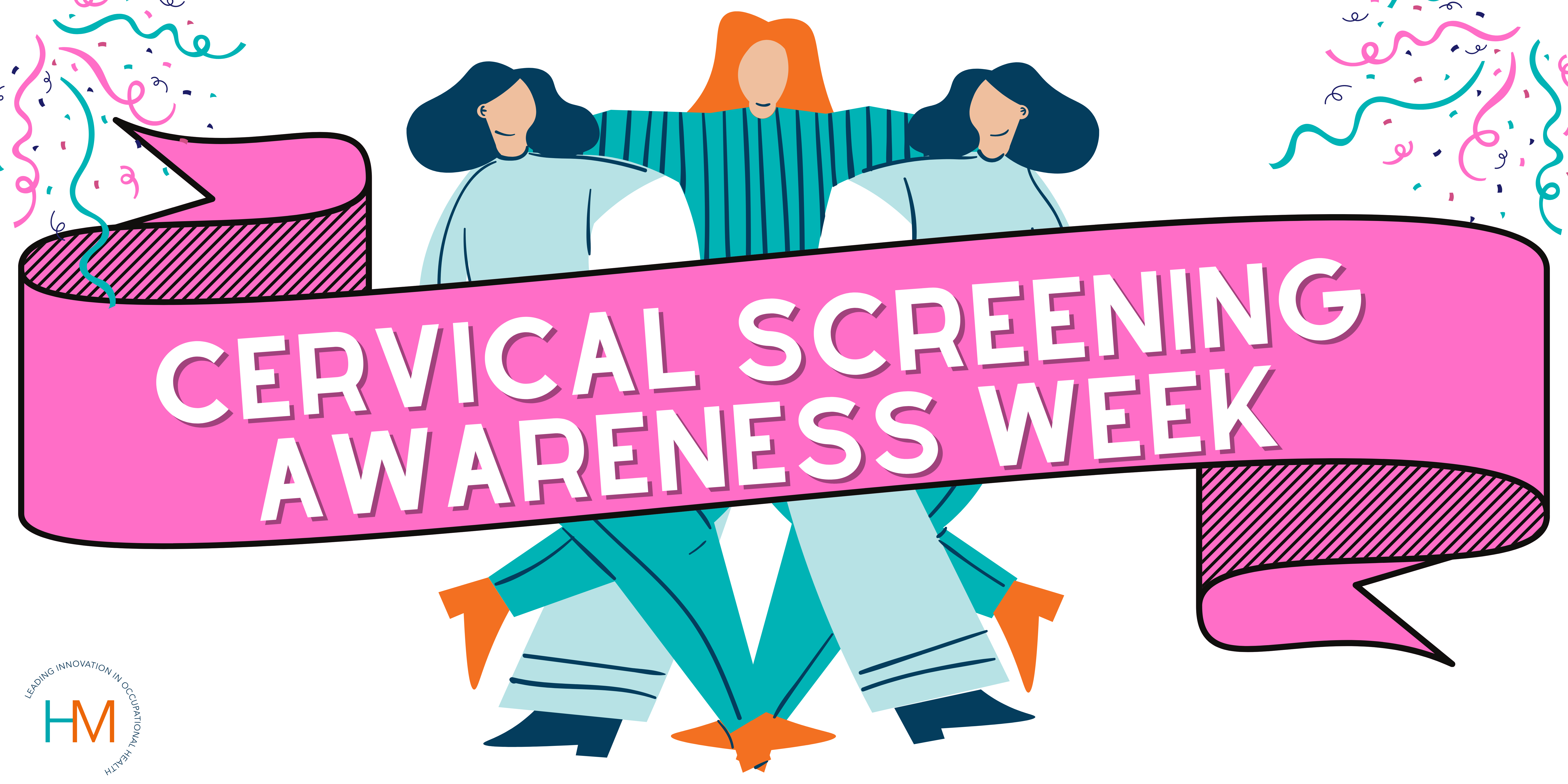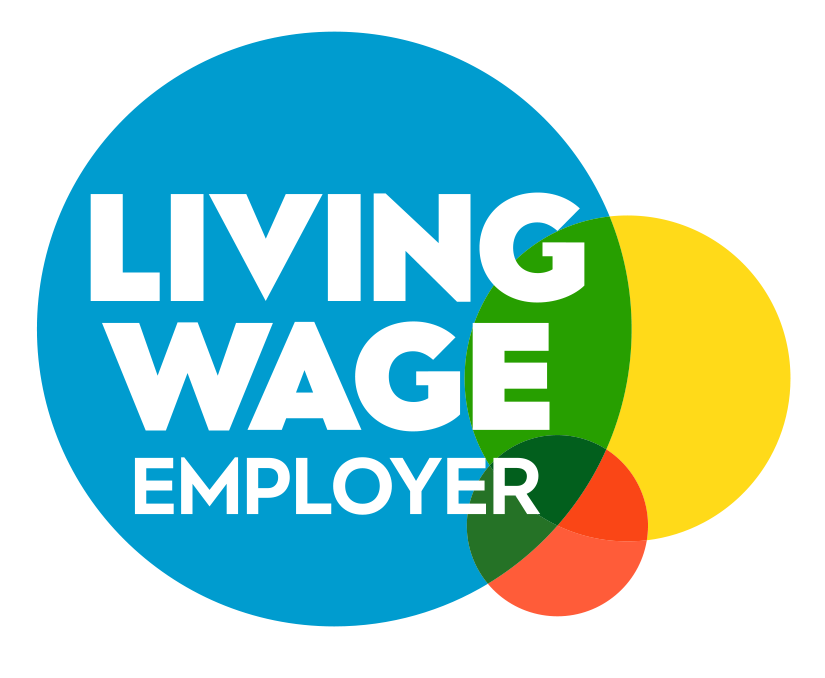Cervical Screening Awareness Week this year is the 20th-26th June.
So lets go over what is a cervical screening, what happens in a cervical screening and what actually is HPV?
What is a cervical screening?
A cervical screening (or smear test) is a free medical test that helps prevent cervical cancer. It does this by detecting human papillomavirus virus (HPV) and any cervical cell changes.
Note- it is not a test for cancer.
Those with a cervix are invited for a cervical screening by their doctor, most women are born with a cervix, also some trans-men, non-binary and intersex people may also have a cervix.
Cervical screenings are normally offered to those between the ages of 25 to 64, but you may be invited up to 6 months before turning 25.
How often you are invited for a screening depends on the results of the last screening you had. You may be invited:
- every year
- every 3 years
- every 5 years
- straight to colposcopy for more tests
What happens in a cervical screening?
The appointment will be held in a private room with a nurse, they will ask you to undress from the waist down behind a curtain and position yourself on the bed. They will then take a sample of your cervical cells using a speculum and a small, soft brush. This only takes a few minutes.
For a more detailed description have a look Jo’s Cervical Cancer Trust here.
Your cervical screening results should arrive by post within 4 weeks.
What is HPV?
Human papillomavirus virus (HPV) is a very common virus that infects the skin and any moist membrane.
This includes:
- the cervix
- the lining of the mouth and throat
- the vagina, vulva and anus
People will usually get HPV through skin-to-skin contact.
There are over 200 types of HPV that are currently known, each type has a number and each of these effect different parts of the body. These types are split into low-risk HPV and high-risk HPV.
Most HPV types are low risk. Low-risk HPV may not cause any problems or cause minor conditions like warts on your hands and feet, and genital warts.
High-risk HPV is linked to some cancers.
Note- Your body will usually get rid of any type of HPV without any problems (including high-risk).
You cannot completely protect yourself against HPV. There is a HPV vaccine that protects you against 7 in 10 cervical cancers.
8 out of 10 men and women will get HPV at some point in their lives. In 9 in 10 people, the immune system will get rid of HPV within 2 years.
If you have been invited for your cervical screening it is completely your choice if you decide to go. Be sure you feel fully informed before making a decision.






